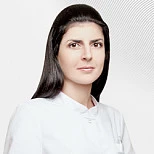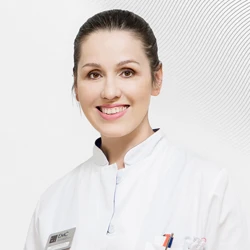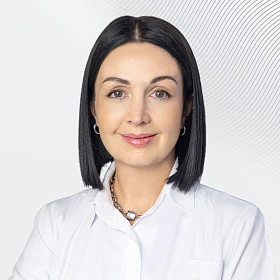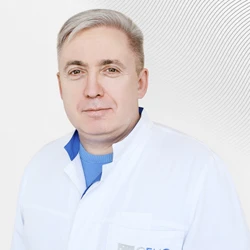Many women wonder if and when it is possible to think about planning pregnancy after breast cancer treatment. As a rule, pregnancy is safe after completion of treatment.
The surgeon of the Mammology Center, Dr. Iskra Daskalova, talks about the main aspects of the problem.
In recent years, two parallel trends have emerged: on the one hand, more and more women are postponing the moment of childbirth (previously, the first pregnancy occurred at the age of 20, now more and more often at the age of 30), on the other hand, breast cancer is "getting younger" (more and more common among women young women). Thus, it is not uncommon for a woman to have failed to realize her maternal potential by the time she was diagnosed with breast cancer. There are studies showing that 47% of pre-menopausal women who have been diagnosed with breast cancer would like to have children after treatment (Letourneau et al., Cancer 2012). However, in the past, only 3-5% of such women managed to have a child. This was due to the uncertainty of the effect of pregnancy on the future prognosis of cancer and the fear that this would increase the risk of recurrence. This also led to a high percentage of abortions among this category of women (up to 30% of cases). Fortunately, over the past 2-3 years, the results of several important studies have been published that have made it possible to debunk old prejudices. They have proven that pregnancy after breast cancer is oncologically safe. These new findings are already changing our daily practices.According to the largest meta-analyses, which included 19,000 breast cancer patients (1,200 of them pregnant after treatment), it was found that the risk of death was 41% lower in cases when a woman became pregnant after treatment compared with those when there was no pregnancy after treatment (Azim HA, Eur J Cancer, 2011). Another large study (1,200 breast cancer patients, 330 of them pregnant after treatment) confirmed that pregnancy after breast cancer treatment is safe regardless of the hormonal status of the tumor (presence or absence of hormone receptors in the tumor) (Azim HA, J Clin Oncol, 2013). Since about 15% of breast cancer cases are detected in women of reproductive age, any mammologist surgeon or medical oncologist should be aware of these new results and not discourage women from getting pregnant after undergoing a successful course of early breast cancer therapy, as has happened in the past.
It is also important to note that before starting treatment, in particular chemotherapy or hormone therapy, the patient should be informed about the possible negative impact of such treatment on the ability to have children. Those who plan to become pregnant after the end of treatment should be offered consult a reproductologist before starting treatment. Accordingly, pregnancy planning should be discussed with the attending physician at the time of diagnosis, at the stage of treatment planning.
There are no official international protocols regarding the timing of pregnancy planning after breast cancer treatment, but most experts in the field recommend no earlier than 2 years after diagnosis, no earlier than 6 months after chemotherapy, and no earlier than 3 months after hormonal or targeted therapy. A POSITIVE trail study is currently underway in Europe, the results of which will be ready next year; they will answer the question of whether it is safe to temporarily suspend hormone therapy (the course of which lasts for a long time – at least 5 years). in order to have a baby, and then resume and complete a full course of hormone therapy.
Breast-feeding after breast cancer, even from the one on which the operation was performed (in the case of organ-preserving surgery), is also possible, safe and should be encouraged.
The following materials were used in the preparation of the article:
Birth outcome in women with previously treated breast cancer--a population-based cohort study from Sweden. Dalberg K, Eriksson J, Holmberg L. PLoS Med. 2006 Sep;3(9):e336.










.webp)

